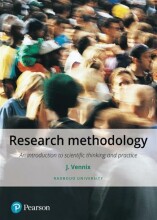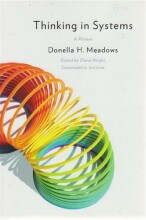Institutional theory - Decoupling
8 important questions on Institutional theory - Decoupling
What is policy-practice decoupling?
An example of policy-practice decoupling is greenwashing or blue washing.
Simply stated: you say A, but you do B.
Within policy-practice decoupling the term strategic manipulation is discussed. What's meant by that?
And what is the role of legitimacy spillover related to the term strategic manipulation?
when organizations try to align themselves with legitimate organizations, we call it legitimacy spillover. This is a way to strategically manipulate.
What is means-end decoupling?
E.g. When everyone complies to the anti-corruption law, you think there is no corruption anymore. However, this is not true, there is still corruption.
- Higher grades + faster learning
- Never study anything twice
- 100% sure, 100% understanding
What is the reason of means-ends decoupling?
Field opacity refers to the underlying causes of a certain problem that remain unsolved. E.g. Child labour. No one policy is perfect due to pluralism in our society.
What is the ongoing perspective, developed by Schembera?
It argues an ongoing process of sense making, with a central role of communication. This perspective looks at how people communicate and their willingness to contribute and adapt.
What is the difference between decoupling and substantive influence regarding strategic manipulation?
What is the link between the ongoing decoupling perspective and deliberative democracy?
What is moral reasoning?
This is also a link between the deliberate democracy and ongoing decoupling perspective.
The question on the page originate from the summary of the following study material:
- A unique study and practice tool
- Never study anything twice again
- Get the grades you hope for
- 100% sure, 100% understanding
































